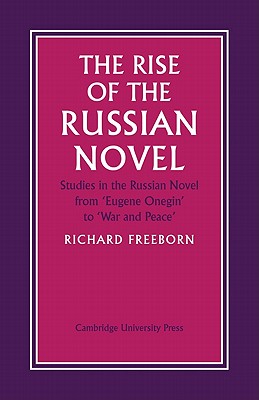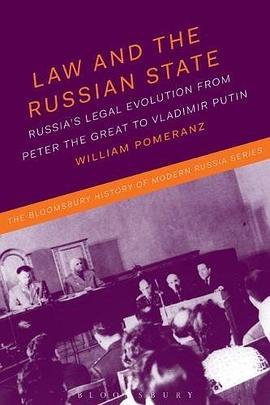The Rise and Influence of Peter III of Russia: A Complex Legacy in the Russian Empire
#### Introduction to Peter III of RussiaPeter III of Russia, born on February 21, 1728, and reigned for a brief period in 1762, is a fascinating yet often o……
#### Introduction to Peter III of Russia
Peter III of Russia, born on February 21, 1728, and reigned for a brief period in 1762, is a fascinating yet often overlooked figure in Russian history. As the grandson of Peter the Great, his reign marked a significant transition in the Russian Empire, characterized by both innovative reforms and tumultuous political strife. His time on the throne, although short-lived, left an indelible mark on the future of Russia.
#### Background and Ascension to the Throne
Peter III was the son of Emperor Peter II and Empress Catherine I, and he grew up in a time of great political upheaval. After the death of Empress Elizabeth, he ascended to the throne, but his rule was met with mixed reactions. His German heritage and admiration for Prussia alienated many Russian nobles, who were more aligned with the traditional Russian values that had been established by his grandfather, Peter the Great.

#### Reforms and Policies
During his short reign, Peter III attempted to implement several reforms that aimed to modernize the Russian military and government. He sought to reduce the power of the nobility and promote meritocracy, which was a radical departure from the existing feudal system. His admiration for Frederick the Great of Prussia influenced his military policies, leading to a controversial peace treaty with Prussia that ended Russia's involvement in the Seven Years' War. This decision was highly unpopular among the Russian military and nobility, further exacerbating tensions during his reign.
#### Conflict with Empress Catherine II

One of the most significant aspects of Peter III's reign was his tumultuous relationship with his wife, Catherine, who would later become known as Catherine the Great. Their marriage was strained, and Peter's unpopular policies and erratic behavior led to growing discontent. In July 1762, just six months after taking the throne, Catherine orchestrated a coup that resulted in Peter III being overthrown. He was arrested and later died under mysterious circumstances, with many historians believing that he was murdered.
#### Legacy of Peter III of Russia
The legacy of Peter III of Russia is complex. While his reign was short and marked by controversy, it set the stage for the rise of Catherine the Great, who would go on to become one of Russia's most celebrated rulers. Peter's attempts at reform and modernization, though ultimately unsuccessful, highlighted the tensions between traditional Russian values and the emerging ideas of Enlightenment that were sweeping across Europe.

#### Conclusion: The Impact of Peter III on Russian History
In conclusion, Peter III of Russia may not be a household name, but his impact on Russian history is undeniable. His brief reign serves as a crucial turning point that led to significant changes within the empire. The conflict between his vision for Russia and the established norms of the time illustrates the challenges faced by leaders attempting to navigate the complexities of governance in a rapidly changing world. Understanding Peter III's role in history provides valuable insights into the dynamics of power, reform, and legacy in the Russian Empire.